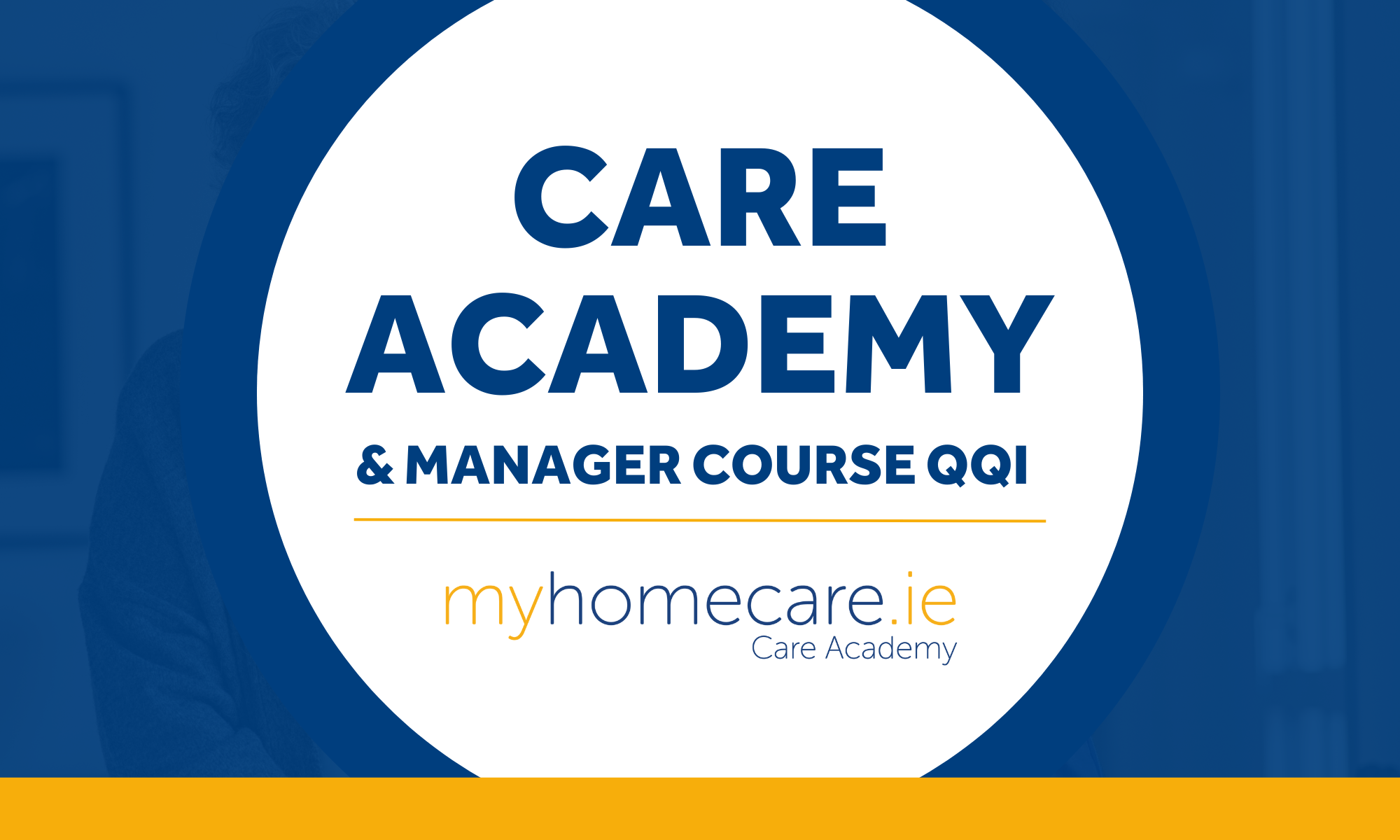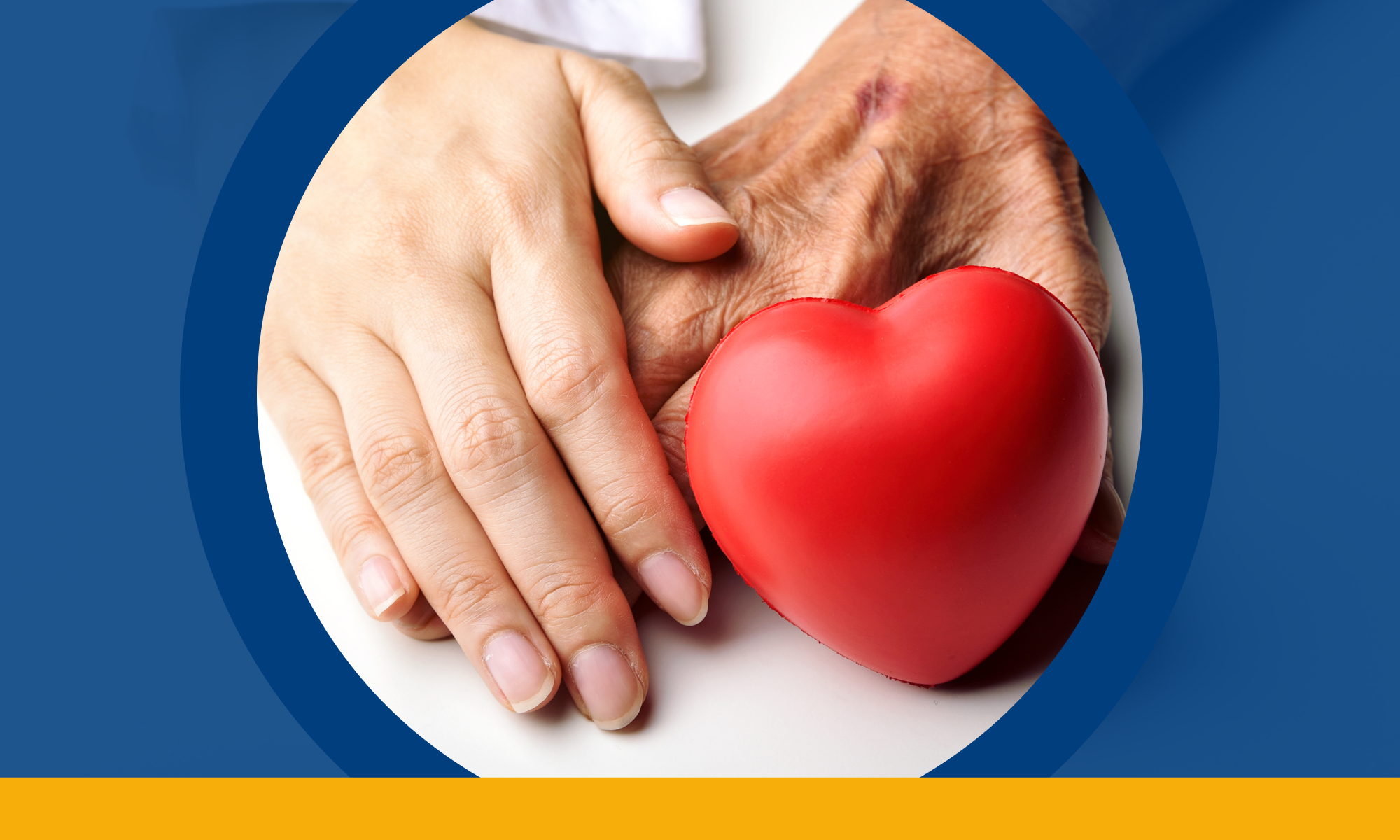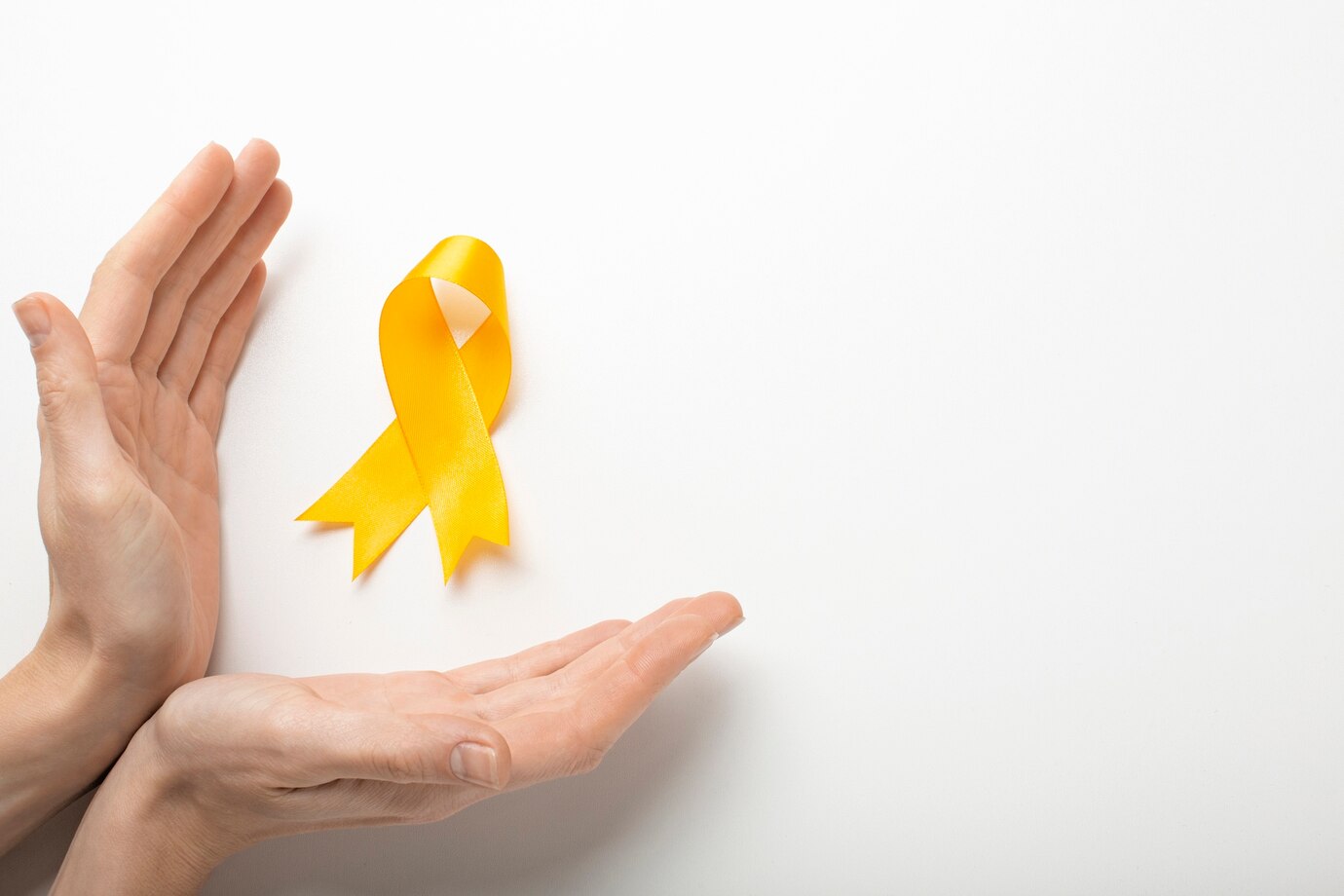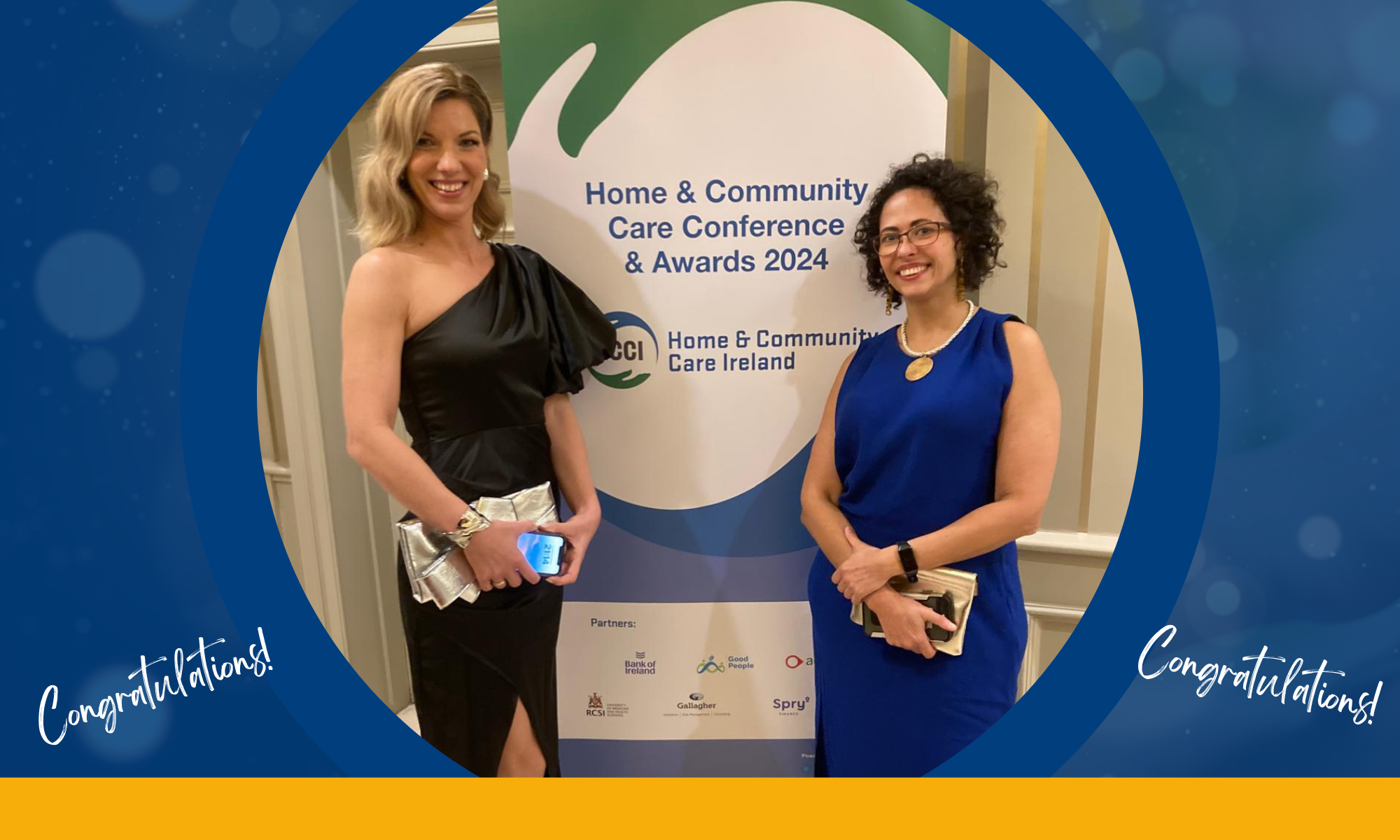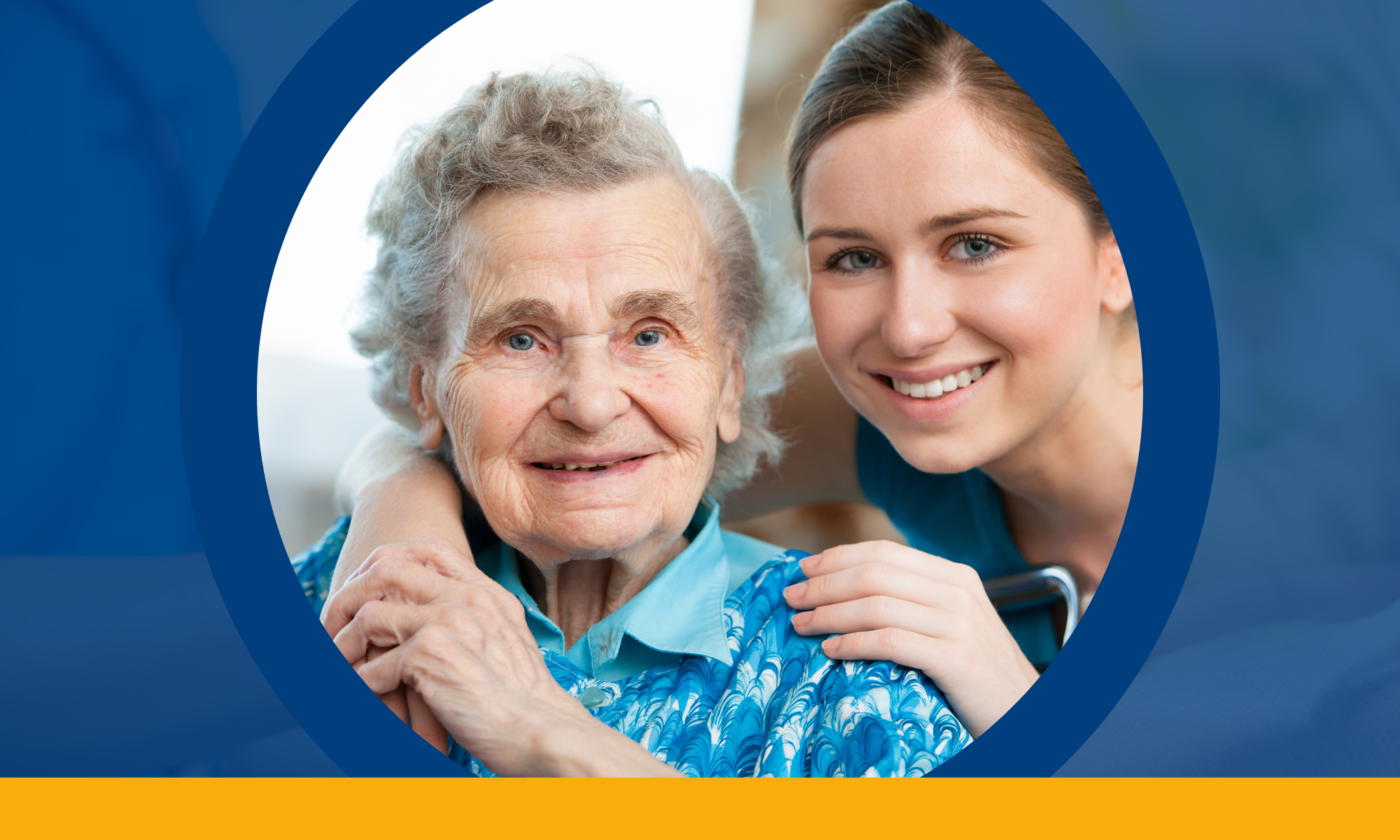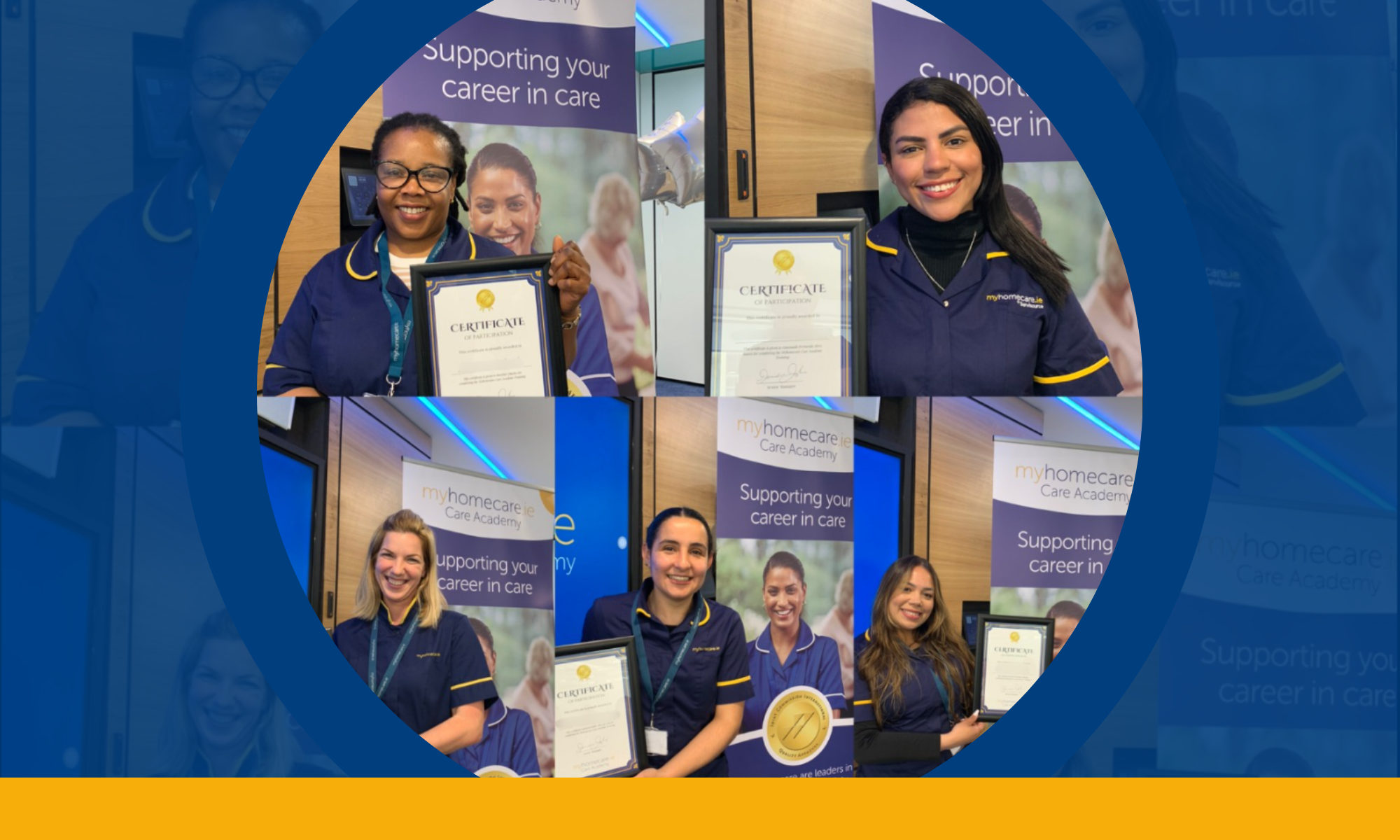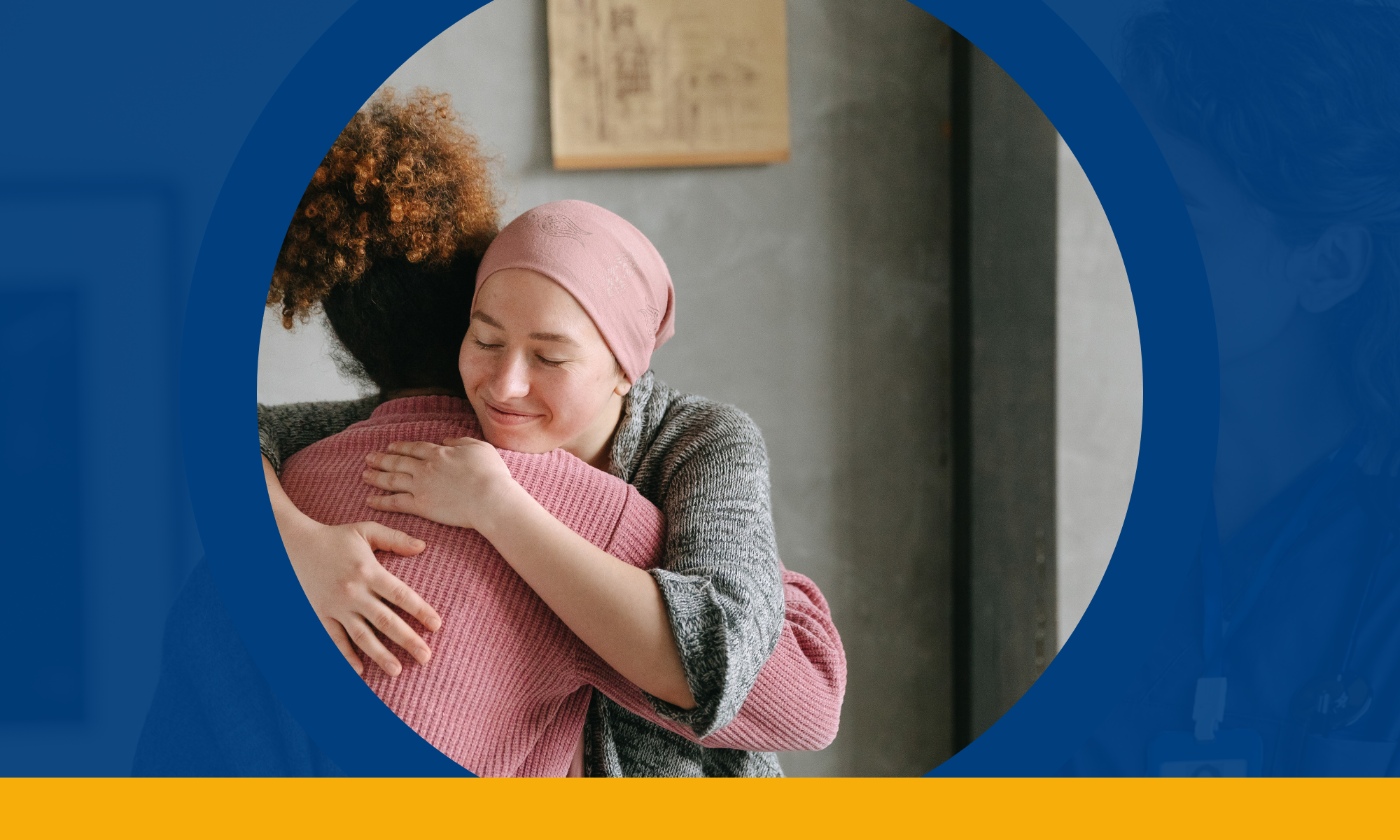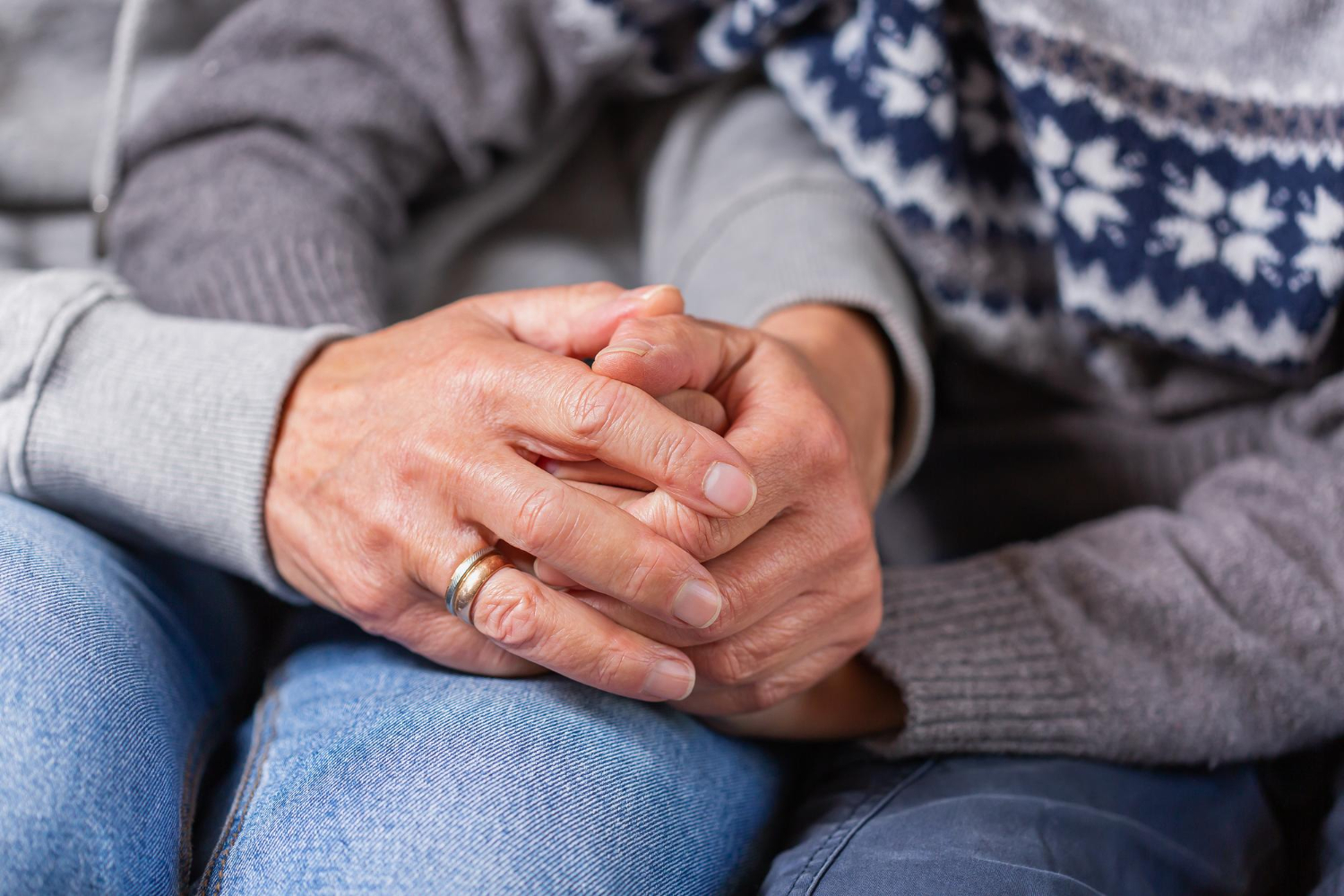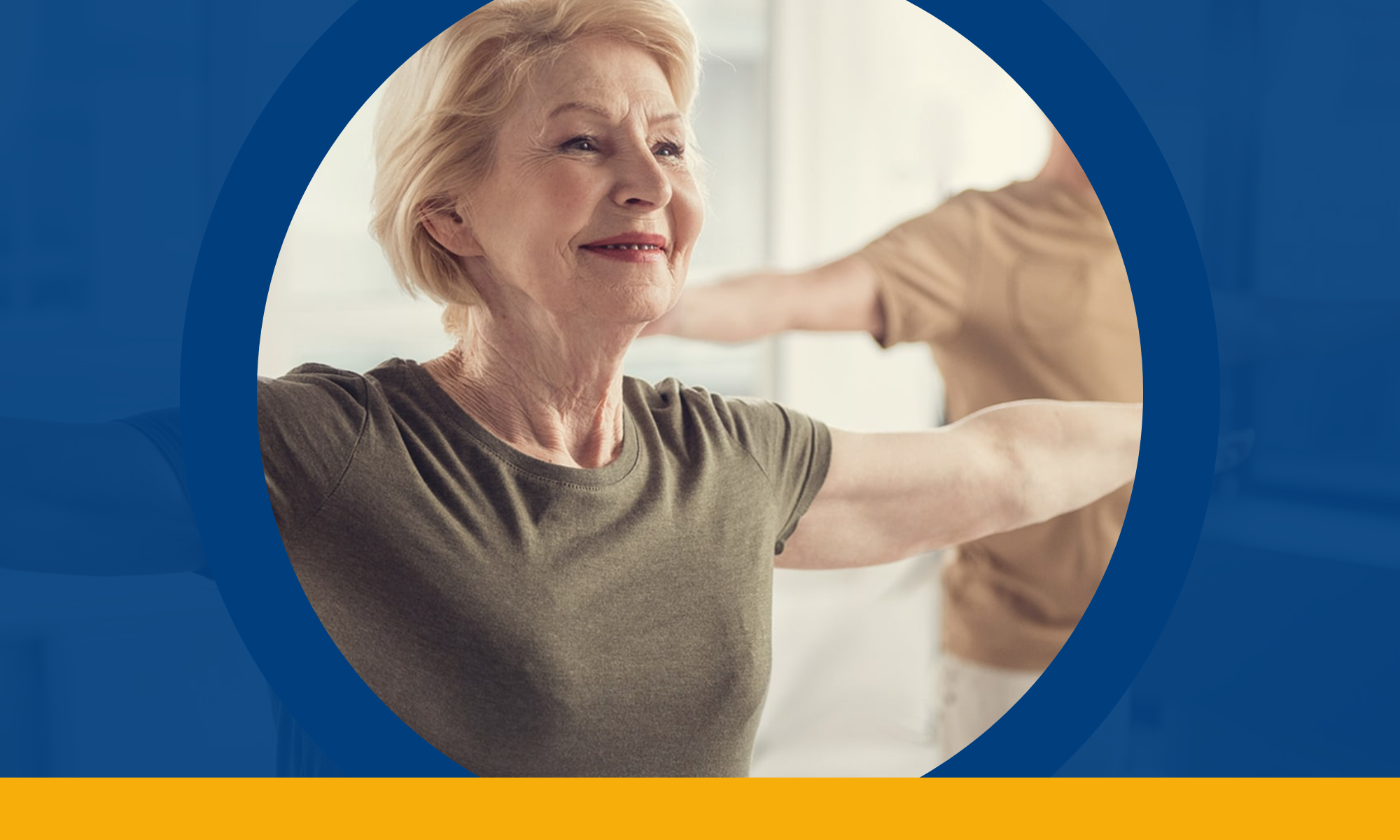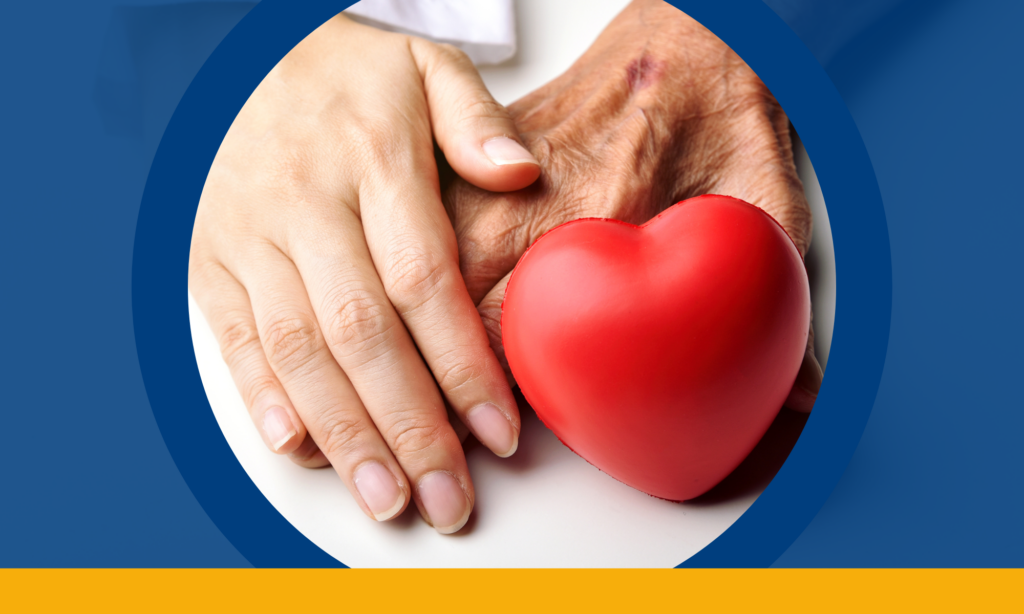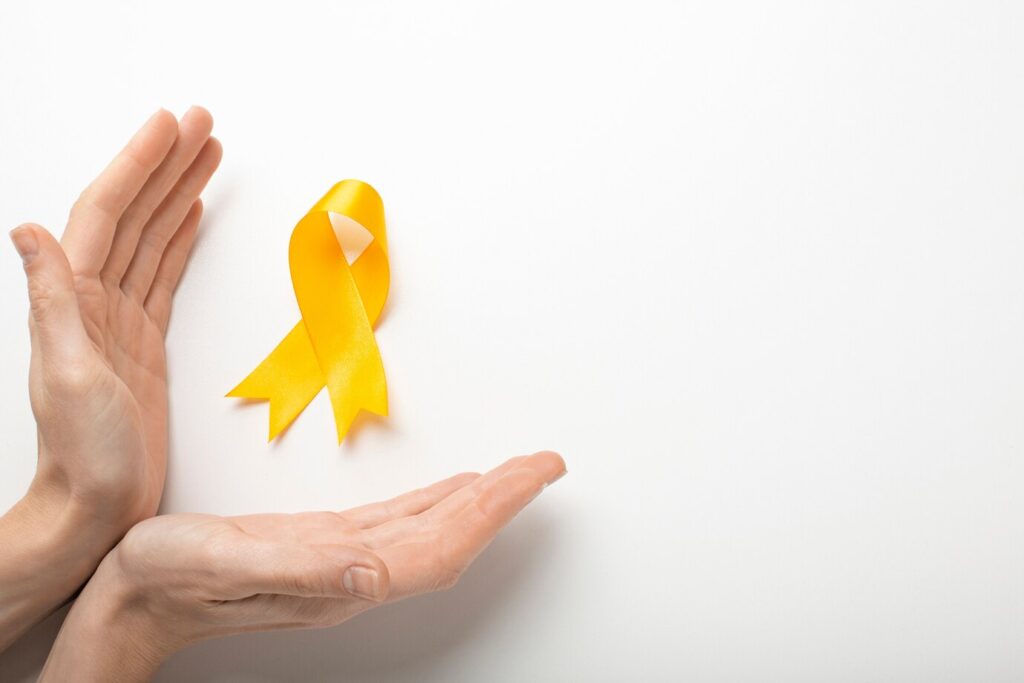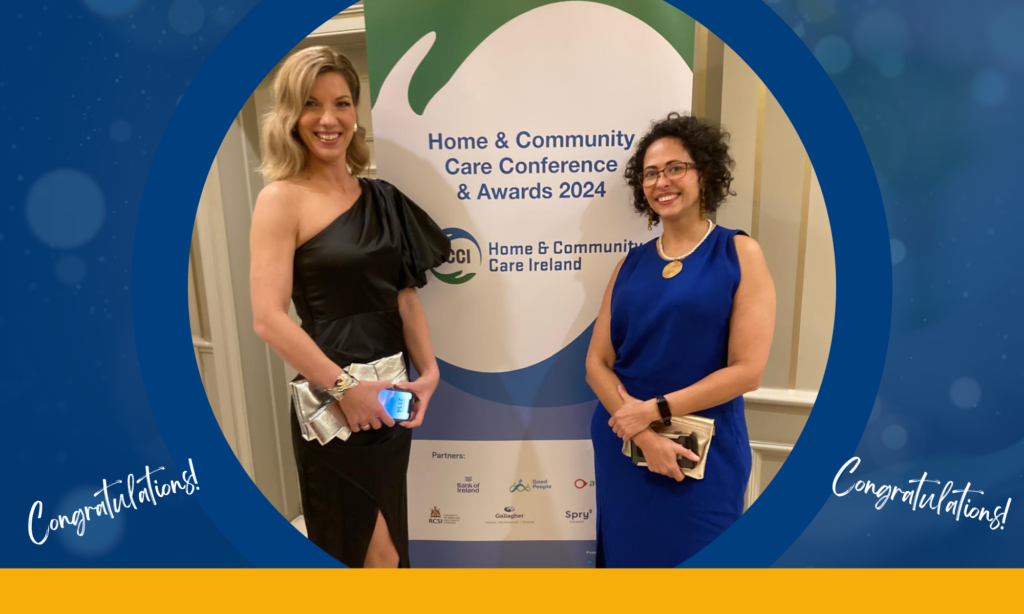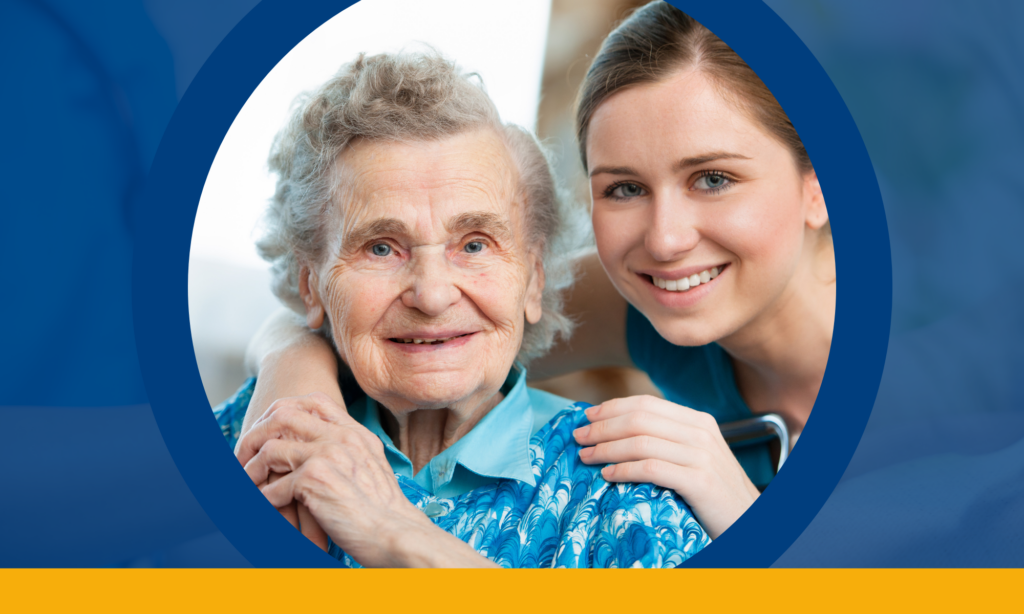Myhomecare Supporting Professional Development with QQI-certified People Management
Homecare management is a critical aspect of healthcare in Ireland, and professional development in this field is essential for ensuring high-quality care for patients. The homecare industry in Ireland is growing rapidly, and as such, it’s important for homecare managers to stay up-to-date with the latest skills and knowledge to manage their teams effectively.
Recognising the importance of continuous professional development within the healthcare sector, Myhomecare has developed ‘The Care Academy’, which envelops all the training internal and frontline staff need to progress within their career.
A particular milestone of The Care Academy is the undertaking of the QQI-certified People Management Course by the Myhomecare managerial team. The course covers a range of topics, including leadership skills, communication skills, team management, and conflict resolution. It’s designed to help homecare professionals develop the skills and knowledge they need to manage their teams effectively, build positive relationships with clients and their families, and deliver high-quality care.
It covers key topics such as understanding EU Legislation, equality and diversity and the key principles of management. This can lead to new career opportunities, such as promotions or opportunities to manage larger teams.
One of the key benefits of the QQI People Management Course is that it’s a nationally, HSE, recognised qualification. This means that homecare professionals who complete the course will have valuable credentials that they can use to advance their careers. By completing the course, it demonstrates to our clients that the Myhomecare team have the right skills and knowledge required to effectively deliver excellence in service.
Our team have a wealth of experience in the homecare industry, with many starting as Healthcare Assistant’s, progressing to supervisory and managerial positions. The completion of the QQI People Management Course enables our experienced team to nurture their skills and knowledge and continue to progress their career whilst ensuring Myhomecare is continuing to provide patient-centered high quality care.
What is People Management Course (QQI Level 6)
The QQI Level 6 certification in Managing People is awarded following a 3-day interactive workshop that covers a blend of theoretical learning with practical activities to build upon management techniques and improve confidence.
The QQI People Management Course provides learners with a comprehensive understanding of people management and covers everything from communication skills to conflict resolution, employee development, and performance management. By taking this course, learners can develop a deeper understanding of the intricacies of people management, and learn how to apply this knowledge in their day-to-day work.
It is designed to provide learners with practical tools and techniques that they can use in the workplace. This means that learners will not only learn theory, but they will also learn how to apply this theory to real-world situations. By taking this course, learners can develop their practical skills, which can help them to become more effective managers.
The course is suited to all levels; providing an excellent foundation for new managers, allowing experienced managers to delve deeper into motivational management, and for those looking to transition to a managerial role. For those frontline staff that would like to progress their career within a managerial role, they too can avail of the subsidised QQI-certified People Management Course via The Care Academy.
Overall, the QQI People Management Course is an excellent opportunity for homecare professionals to develop their skills and knowledge. Whether you’re looking to advance your career or simply improve your abilities as a homecare professional, this course can help you achieve your goals. By completing the course, you will be better equipped to manage your team effectively, communicate with clients and their families, and deliver high-quality care.
The Myhomecare’s Care Academy
The Care Academy focuses on improving the quality of existing staff by providing upskilling opportunities, allowing those who want to advance their career in healthcare an advantageous starting point. There has always been a particular emphasis on upskilling and career progression within Myhomecare with exceptional ongoing training provided and further supported by Servisource’s Training department.
It is from this strong foundation that The Care Academy has been developed. As a result, a comprehensive catalog of training courses is available to support internal and frontline staff in providing the highest quality of service, where they can train, develop and coach care workers throughout each stage of their careers.
Professional development is essential for homecare managers in Ireland to continuously improve upon their skills and knowledge to manage their teams effectively. The Care Academy offers supportive training and career progression for aspiring carers, as well as subsidised courses for those with experience requiring QQI Level 5 accreditation in healthcare or QQI Level 6 accreditation in people Management.
Through Myhomecare’s Care Academy, it ensures that the right people, with the right skills and knowledge, will be provided in the right place, your home.



